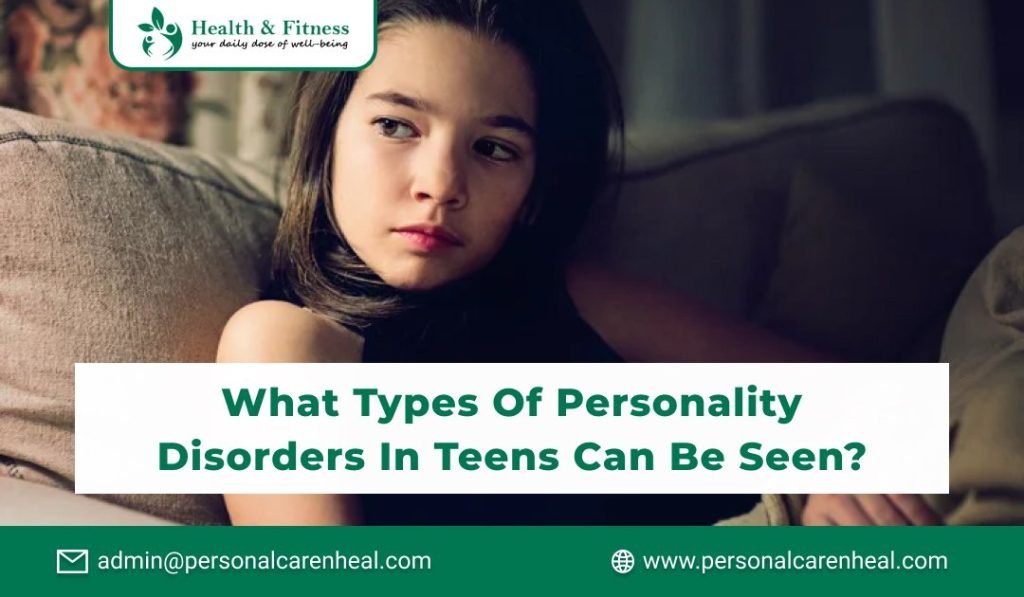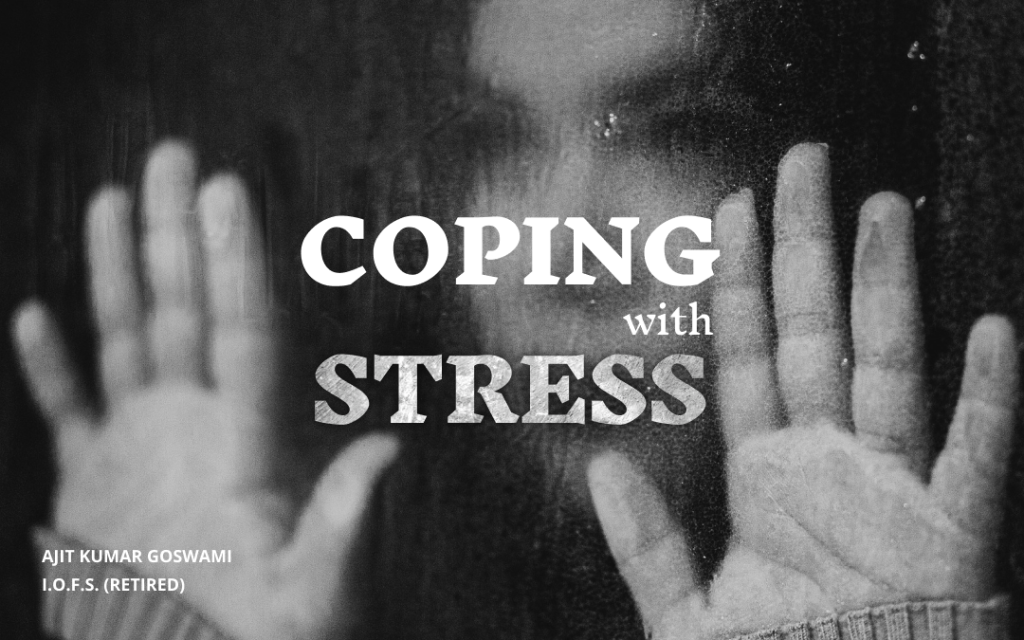Nowadays, a number of mental health conditions in children and adolescents can be seen. You may have heard about personality disorder, which is a term used for various mental health conditions that can affect an individual’s character, emotional reactions, and social abilities. Historically, people didn’t receive a diagnosis of personality disorder until they are in their 20s. However, nowadays, it can be seen that adults are also getting affected by personality disorders. Now, the question arises, can personality disorders be cured? To know the answer to this question, read the blog.
What is a Personality Disorder?
A personality disorder is considered to be a mental health condition in which there are long-lasting thought patterns, behaviors, and inner experiences that are not accepted in the culture. These patterns may develop early and are usually inflexible or unchanging and can bring distress in an individual’s life.
These unhealthy behaviors and thought patterns make it difficult for an individual to work properly in their life. Many people argue that personality disorders in teens can’t be seen because their personality is not fixed until they get matured. Commonly, those who are suffering from a personality disorder may not be able to know that they are struggling with psychological illness.
Common Types of Personality Disorders in Teens
Personality disorders can be categorized into three categories, such as Cluster A, Cluster B, and Cluster C. These clusters turn into a disorder when teen or adult starts to experience difficulty socializing with others. Various types of personality disorders that may teens or adults may experience, all of which may vary according to symptoms, such as:
- Cluster A – This group includes personality disorders that have the inability to see reality. Cluster A includes:
- Paranoid Personality Disorder
Teens with this type of personality disorder may feel uncomfortable sharing their thoughts with others. They may be suspicious of others or may hold grudges about small matters.
- Paranoid Personality Disorder
- Schizoid Personality Disorder
Teens with this disorder may hesitate to form relationships with others and prefer to stay alone.
- Schizoid Personality Disorder
- Schizotypal Personality Disorder
People with this disorder may experience social anxiety. They may find socializing challenging.
- Schizotypal Personality Disorder
- Cluster B – This group includes disorders that involve overly emotional, dramatic, or unpredictable behavior.
- Antisocial Personality Disorder
Teens with this disorder often get violent with people or animals, and they don’t regret their behaviors.
- Antisocial Personality Disorder
- Borderline Personality Disorder and Lying
People with this personality disorder often find difficulty dealing with stressful situations. They may lie to distort reality into something that may fit with their emotions rather than the facts. The following are borderline personality disorder types:
- Borderline Personality Disorder and Lying
- Petulant borderline
- Self-destructive borderline
- Impulsive BPD
- Discouraged BPD
- Histrionic Personality Disorder and Lying
In this category of disorder, people lie and try to be dramatic to gain more attention. They can be influenced by other people and are sensitive to disapproval.
- Histrionic Personality Disorder and Lying
- Narcissistic Personality Disorder
Youngsters diagnose with this inadequate personality disorder are likely to have overconfidence or overblown beliefs about themselves. They may believe that they can do what others can’t.
- Narcissistic Personality Disorder
- Cluster C – This group of personality disorders may involve fearful and anxious behavior but have different manifestations.
- Avoidant Personality Disorder
People may experience the feeling of inadequacy or unattractiveness. They may avoid taking part in new activities, or they avoid making new friends.
- Avoidant Personality Disorder
- Dependent Personality Disorder
As the name implies, in this disorder, people depend on others to meet their physical and emotional needs. They don’t like to be alone.
- Dependent Personality Disorder
- Obsessive-Compulsive Personality Disorder
This category of patients strongly follows rules and regulations and they feel overwhelmed when they don’t achieve perfection. Sometimes, they avoid personal relationships to focus on making a perfect project.
- Obsessive-Compulsive Personality Disorder
Is There Any Personality Disorder Treatment?
Treatment can vary according to the type and severity of your personality disorder. It may include medications and psychotherapy.
- Psychotherapy
During psychotherapy, you and a therapist will discuss the severity of your condition, as well as your thoughts and feelings. They can help you manage your behaviors and symptoms that may interfere with your life. - Medications
Well, you may need to ask your doctor before sticking to any type of medication. They can better help you with the right type of medication. However, there are no specific medications approved that can cure personality disorders.
What Personality Type Thinks They Are Always Right?
ESTJs often think that they are always right. ESTJ is shorthand for Extroverted, Sensing, Thinking, and Judging. Sometimes, it is difficult to deal with someone who thinks they are always right.
Conclusion
After reading this blog, if you think that you or your beloved one is suffering from any of the above-mentioned personality disorders, then you should help them by asking them to seek help from a psychotherapist, psychiatrist, or psychologist. Furthermore, you can get yourself updated with such types of blogs by subscribing to Personal Care N Heal.



